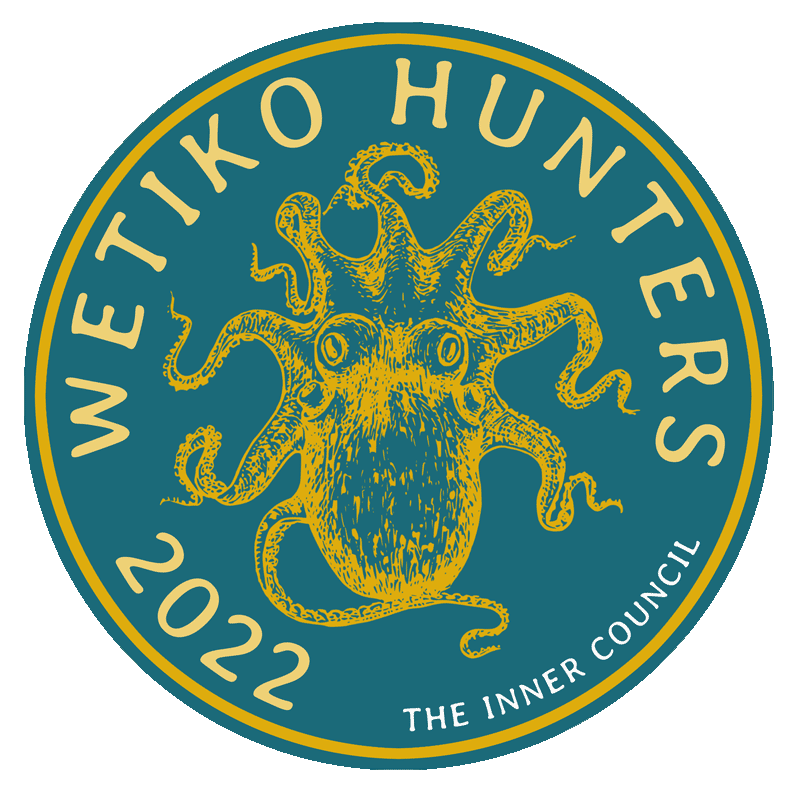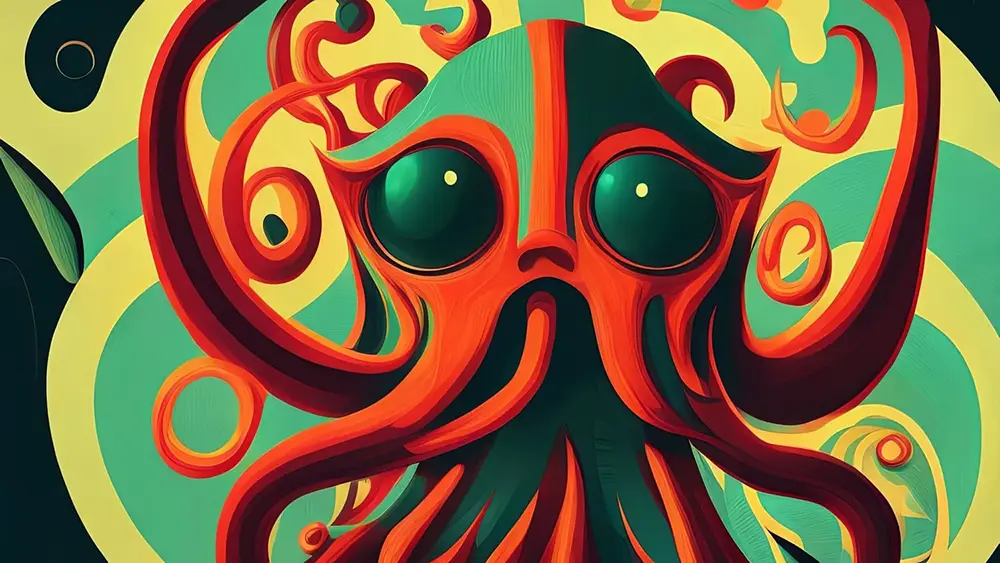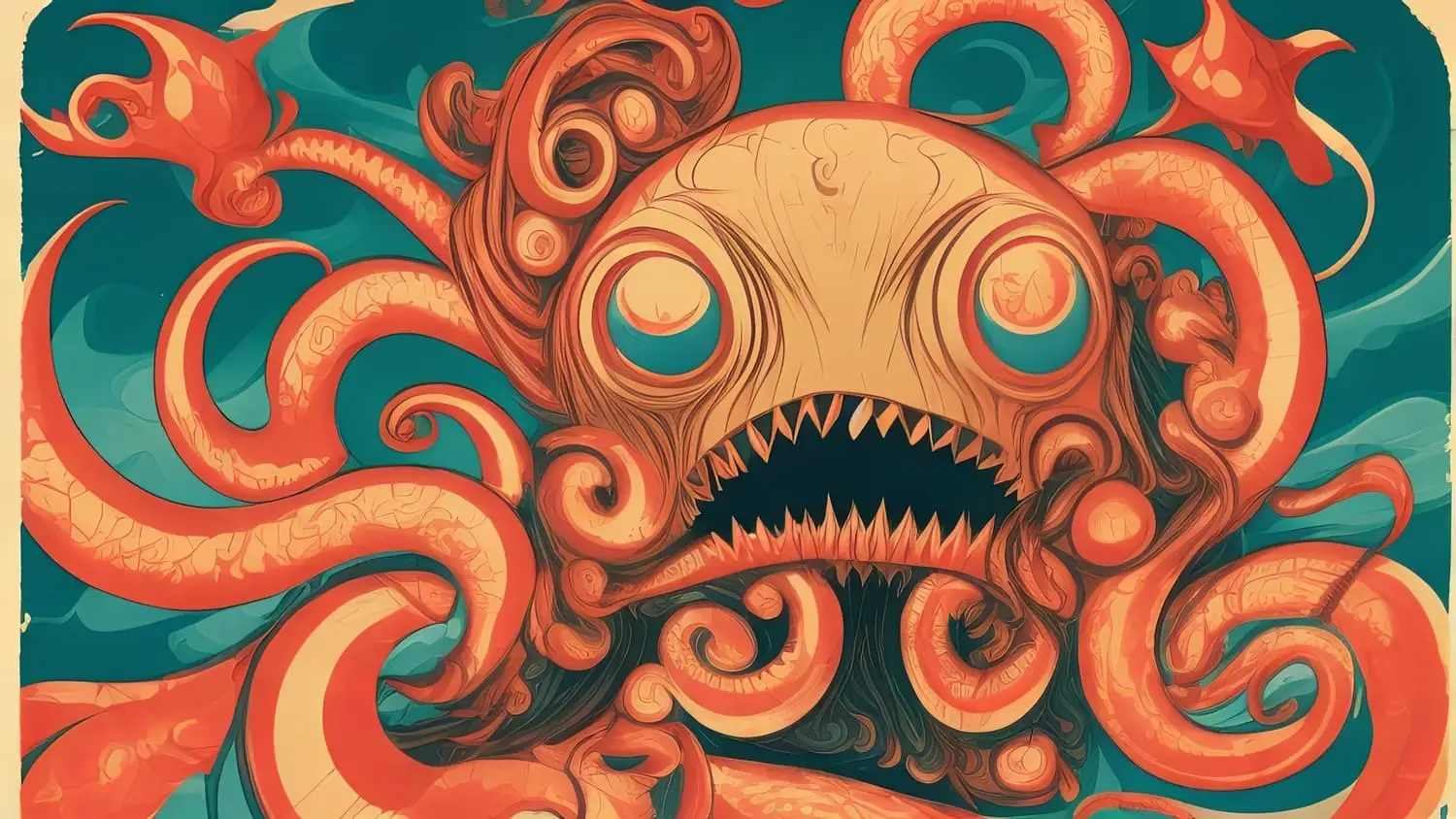BOOK YOUR WORKSHOP TODAY
All posts published here are presented as casual conversation pieces to provoke thought in some direction or another, they do not necessarily represent fixed opinions of the Inner Council, as our work exists beyond the spectrum of bound statement and singular clause.
Paul Levy's Wetiko
Virtues, Vices & Viruses
Paul Levy’s astonishing new book, his second on the subject of Wetiko, is an inspiration for one to reflect on the essence of the Inner Council. The brave prospects put forward by someone who has transcended their own suffering by respecting the internal process of finding the light within the darkness. Paul talks about finding a metaperspective where the truth of two polar opinions can be unbiased or objectively observed and considered without needing to step towards any one of the two sides (familiar to Jung’s individuation process & the Secret of the Golden Flower). He adds If, due to our narrative bias, we identify with one of the opposites as being true and the other as being false, however, we dissociate within ourselves. This disconnects us from our wholeness and forecloses on our ability to access genuine compassion. Paul believes that this maturely positioned metaperspective is the key to transcending the manipulation of Wetiko.
War is a lack of imagination.
Repeat that a few times, does it make clear sense to you? It reminds me of the term I once heard about Palestine, that if we don’t politically solve the situation, the whole world will end up in the same predicament. It’s one of those phrases that sometimes has to rattle around for a few decades before wisdom shines through. We would like to think that nobody would like war, that we’ve learnt from the past that war doesn’t provide any of the solutions that were conjectured for justification—even when the justification has been a pre-brand of the whole enterprise. So why do we keep returning to it? We look into the past and we see that at a certain phase of economic or strategic necessity that war just begins, triggered almost as matter-of-fact. This assumptive prejudice is what retains the idea of war in the minds of everyone. Pure rational materialism assumes the finale to be two sides battling it out until there’s one winner—rinse and repeat.
In order to step outside of a paradigm of war, we need to see beyond the rhythms of the political past and imagine more than just a new way to dominate, eradicate, stimulate or reform. Paul brings in ideas as to how we move into a narrative that can present nuanced outcomes for drastic situations. A narrative that considers the character of the psyche as the main protagonist and the physical manifestations as secondary. Awakening to Paul is a process of the psyche being made aware of subconscious collateral by the heightening clarity of awareness.
Moving into the creative space.
The imaginative realm is analogous to a engineer’s design workshop where ideas are scribbled, reminiscent of Leonardo Da Vinci’s famous notebook sketches. The more rational the mind is trained when sketching ideas, the less innovation can be achieved. Innovation involves thinking outside of the boxes and painting outside of the lines. Reality indeed has a set of understood laws, but the imagination has no limitation—as Einstein liked to remind us on occasion. What then is stopping us from involving the imagination into the every-day, even mundane regions of problem solving? I remember once realising how creative one could be when cleaning the house. It was only because it became a repeated go-to between writing, design work and meditation. The answer unfortunately, and fortunately is that we’ve just forgotten to apply it. Unfortunate because of the way that mundane has been rebranded from meaning ‘that of the world’ to something tedious and boring, and fortunate because we can return to creative consideration in a moment
So what is Wetiko?
We’ve just discussed that mental interpretation when problem-solving may require us to step away from rational frame-work into the imaginative realm of the irrational in order to solve an old issue with a fresh and innovative approach. Wetiko is one such solution for framing the problem and the solution. After writing the first book in 2013 Dispelling Wetiko: Breaking the Curse of Evil, Paul didn’t expect to return to the subject, but it was increasingly present all around him. An increasing number of letters from exotic spiritual leaders and Elders were offering translations of the Wetiko archetype in unique cultural forms, while Paul was identifying Wetiko in pop literature and myth. Wetiko seemed to be screaming out to be defined yet further. With that Paul penned Wetiko: Healing the Mind-Virus That Plagues Our World published at the end of 2021, which some may deem timely.
Let’s just come out and say it…Wetiko is a mind virus, it is not human, it controls our mind for its own personal gain and is ultra contagious. It has been here since the beginning of its own framing of our history.
There is a reason that this bizarre description is synonymous with epic myth monsters. It comes from the same places as the Kraken and King Kong, the deep subjective mind-space. Welcome to archetypal interpretation. If you have gotten this far you can take a break and come back for part two of the seminar.
Undreaming Wetiko
Winning the war on consciousness
Wetiko is a word from North American Indian tribal-lore. A shamanic description of an activity seen played out through the collective characteristics, or thought processes of individuals and groups. The parasitical and non-human aspect or Wetiko is through the recognition that this activity counteracts our personal benefit and goes against the preservation of harmony in social groups and wider eco-systems, compromising life itself. To a shaman, this is not a revelation. Disharmony in the community is felt in vibrational patterns of energy. Wetiko has tentacles and hides in dark places. To the rational, Wetiko is a fiction or myth.
It’s not all doom and gloom however, Wetiko is also a saviour. If we are dreaming too deeply within our own nightmare we send a wake up call. That’s Wetiko bringing all our ignored and unresolved mess to the surface for us to get a very good look at. It’s the arid smell of smoke and the sting in the eye of the fire that’s raging around us. It is a huge challenge to finally admit that we need to individually address the furnace that’s spewing out toxic fumes and this is ultimately about personal responsibility.
Wetiko only has power over us to the extent it is not seen.
Paul explains in the book that emotional maturity seems to be the key in a person’s ability to entertain fiction as a tangible device in approaching real-world issues. How can it be that a developed emotional maturity allows us to return to the broad creative seeking capacity of a five year old child in order to sort our shit out? Well, I believe that Antoine de Saint-Exupéry wrote a thesis on this subject called The Little Prince. When a person accepts that they are responsible for solving a problem, and when the rational mind doesn’t give clear answers, or when we can be honest that excuses have blocked our way, where else do we have to go other than the dark roads of pessimism or cynicism? We can get creative.

Our species has gotten drafted into an archetypal death/rebirth experience. In symbolically dying to a part of ourselves that is no longer serving us, another part of us is being reborn. We as a species have been drawn into the cycle of the death and rebirth of the gods. Said another way, having become part of a deeper mythic, archetypal, and alchemical process of transformation, we are going through a cosmic death/rebirth experience of a higher order.
Whether consciously or not, since the advent of the coronavirus we are all in a state of grieving. The world we knew, as well as a false part of ourselves, is dying. Our sense of who we think we are—imagining we exist as a separate self, alien to and apart from other separate selves as well as the rest of the universe—is an illusion whose expiration date has now been reached. If not recognized as illusory, this illusion can become reified and become a lethal mirage. Either our illusion (of existing as a separate self) expires, or we do. As the poet Rumi would say, we need to “die before we die.” – page 265
Wetiko therapy & Inner Child work
There are a few tools that you are going to need to come on this journey. Self-trust, self-authority and the explorative enthusiasm of Marco Polo. Or just a fierce determination to get out of the struggle and into the sunshine. The Inner Council has been transforming the experience of participants by focusing directly on the valuable, the light at the heart of our soul. Shifting into an objective mindset and getting ourselves prepared for setting off on the journey we know that we’re here to undertake. Most of the progress we make within this shift is through gradually becoming aware of the power within the imaginative space. And before you think that it’s not going to work for you, we’ve yet to meet someone who hasn’t been able to make the connection.
During regressions and adventure journeying with our Inner Child we learn the etiquette of the subjective realm. We learn how to talk without speaking, to communicate through gestures. We learn that if we need to find something, a box appears with something in it. If we need to get somewhere higher a ladder is seemingly there. But also we begin to recognise that an additional layer of knowing is also present. When we play hide and seek with our inner child, they are not necessarily where we think they will be. When we’re introduced to a new archetype or ancestor the information we’re given can bring revelation. Once we’re over reasoning and we trust with joy and enthusiasm deep doors to the psyche are suddenly accessible.
In Paul’s latest book, he discusses his self coined ME disease (malignant egophrenia), and the importance of considering our continuously crafted subjective personal identity. Making sure that we’re the authentic and creative authors of our essential nature. If we do not recognise who we truly are, we are absolutely prone to the manipulations of Wetiko, or the nightmare mind virus—as Paul doesn’t mince his words. Our true nature is the balanced grounding where we can not only calibrate our sense of safety, but the stable foundation from which any personal psychological evolution will need to raise us to our highest potential. Again, the purpose of Inner-Child work is to secure and nurture our truest essence.
Inner Child work is being increasingly adopted by clinical therapists and psychologists—we know that first hand from training them—but the Inner Child is just the first character of an epic story of integration. We resonate so strongly with what Paul has had the dignity to yell at us, and we’re excited to have an incredible set of tools, available to anyone who is driven to begin this adventure with us.
The Mind Parasites
Colin Wilson—born in Leicester, England—became fascinated from an early age with the paradox of both mystical peak experiences and seemingly paired pathologies of artists and philosophers. He went on to publish The Outsider in 1956, a tremendous thesis considering Wilsons age and publishing experience. The Outsider portrayed the phenomenon of personalities who were apparently living almost exclusively in the right brain while attempting to manage their matrix predicament with eccentricity. Wilson switched to fiction in order to pursue a further hypothesis—that some unconscious energy (named Tsathogguans in admiration of Clark Ashton Smith’s Hyperboreal Cycle bestial god of the mountain) was responsible for skewing the bright minds which held the mental capacity to discover their captors. During his archeological thriller Wilson ponders on several attributes of the mind parasites, including an analogy to an octopus (very similar to Levy’s elusive dark creature with tentacles). The protagonist, Professor Gilbert Austin, identifies techniques in order to avoid the attention of the mind parasites which cause a ‘walking over the grave’ sensation when they venture too close to the surface of the conscious.

- Avoid thinking about the parasites when your mind is tired or easily distracted
- Avoiding alcohol or other substances that numb or distract the mind
- When in the presence of the parasites he thinks about a maths problem
Without going into a lengthy thesis, I would suggest that a reading of the psychological thriller may grant you some access to further information about the mind parasite fiction. Wilson was more than aware that fiction allows access to novel ways of approach, much the way that his outsiders have interpreted the accomplishment of their intuitive ideas.
Notes:
Paul Levy
Dispelling Wetiko: Breaking the Curse of Evil (2013)
Wetiko: Healing the Mind-Virus That Plagues Our World (2021)
Undreaming Wetiko: Breaking the Spell of the Nightmare Mind-Virus (2023)
Colin Wilson
The Mind Parasites (written in early 1960s, published in 1967) wikipedia
J. W. T. Redfearn
Dreams of Nuclear Warfare
If you would like to understand more about archetypal therapy and the ongoing integration support that we offer at the Inner Council then feel free to contact us for a casual and confidential conversation. We are, by the way, expecting you.
If you mention Wetiko when applying for our workshop we will give 10% off and we will include Wetiko concepts during the workshop.





